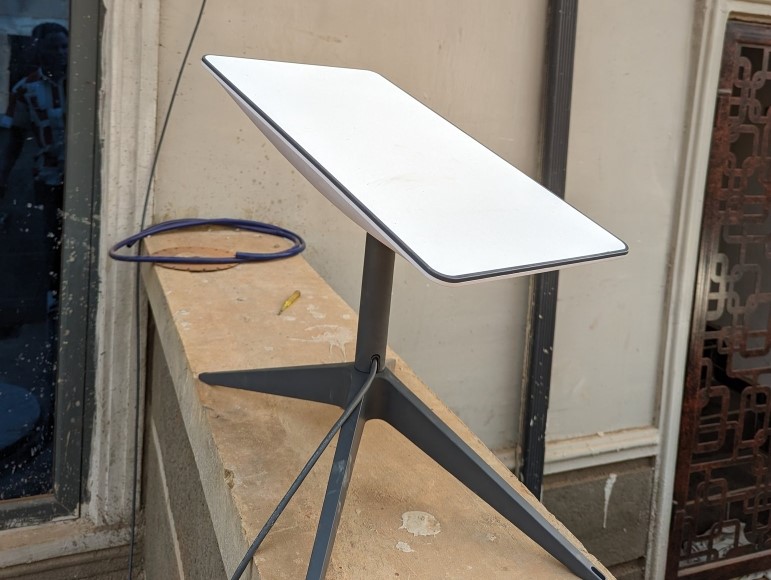- On December 7, 2023, the National Communication Authority warned people in Ghana to avoid using Starlink’s equipment or services and directed anyone involved in sales or service operations to stop immediately.
- Because the satellite Internet service did not obtain a licence or type-approve its equipment before beginning operations, Ghana’s telco regulator declared the sale of Starlink equipment and its operations illegal.
- This news follows reports of middlemen allegedly raising the cost of satellite Internet service installation.
Per Section 3(1) of the Electronic Communications Act 2008, Act 775 stipulates that “Except as otherwise provided under this Act, a person shall not operate a public electronic communications service or network or provide a voice telephony service without a licence granted by the Authority, any entity that offers electronic communication in Ghana without licence or authorisation from the Authority is said to have directly violated this act.”
Meanwhile, many X users have expressed opposing views. For instance, an X user, Daniel Williams, commented that the authority is concerned about Starlink but takes no steps against service providers that offer mediocre services at exorbitant prices.
Another X user with the display name Signature maintained that leaders are oblivious to the arduous processes people go through to obtain a stable Internet connection.
In 2019, the satellite Internet service managed by SpaceX — an American aerospace company — started launching and has since expanded to about 5,420 as of November 8, 2023. While the cost of the broadband service is high, it can improve Internet access and offer simple connectivity in rural areas.
The service is available in several African countries, such as Nigeria, Kenya, Rwanda, Zambia, Mozambique, and Malawi. Nonetheless, it’s struggling to establish its presence in some African countries.
For example, the Independent Communications Authority of South Africa (ICASA), the country’s telco regulatory body, expressed concern about the legality of usage.
For context, even though its equipment type has been approved, its operations in South Africa are still subject to licensing. Paratus Telecom, Magic Space Dust, and Data X Lab — authorised companies to sell Starlink in the country — received type approval certificates.
Comparable to the telco regulator in Ghana, the Electronic Communications Act in South Africa expressly prohibits the provision of electronic communications and broadcasting services without the required service and radio frequency spectrum licences.
The Act stipulates severe penalties, including fines of R5 million ($265,000) or 10 per cent of annual turnover for offenders continuing such activities.
Moreover, its operations in Zimbabwe face similar challenges. In September 2023, Zimbabwe said it received Starlink’s application for an operating licence, and the Postal and Telecommunications Regulatory Authority of Zimbabwe (POTRAZ) was reviewing it.
But in November 2023, the ICT regulator said that Starlink had yet to apply.










